Markus Witte, CEO and co-founder of language-learning tool Babbel, doesn’t like disclosing user numbers. He thinks they’re a “pure vanity metric”. One thing he didn’t mind sharing? In January of this year, the Babbel app crossed 100,000 downloads a day.
The company – which has raised around $12 million in funding to date – was started by Witte (pictured below), Thomas Holl and Lorenz Heine on the premise that there were barely any options for learning languages on the Internet during that time.
Before Babbel, the co-founders had worked together at Berlin-based software company Native Instruments. Since its founding in 2007, Babbel has grown to a team of more than 300 employees across its headquarters in Berlin and a recently opened office in New York City.

“Every company in the language-learning space was focusing on people who were able to spend a lot of money and who had a very high external motivation,” recalled Witte in a conversation with tech.eu. “Our perception was that a lot of people would like to learn a language, or brush up their school French or whatever, but didn’t have a ton time nor want to spend a ton of money... But they still wanted to learn a new language for a lot of fuzzy reasons.”
ALSO READ: Looking to learn a new language? A list of 12 European startups that want to help
These days, Babbel offers its learning system in 14 languages and claims to see more than 1,300 users registering per hour. Babbel provides users with free registration to its app (available on the web, iOS and Android) as well as the first lesson in each course for a language.
Beyond that, the company adopts a subscription model and users can select from various payment plans (monthly, quarterly, bi-annual or annual).
With Babbel recently announcing the opening of its US office, we caught up with Witte at the company's Berlin HQ, where we got a peek into the company's workspace, culture and plans for the future.
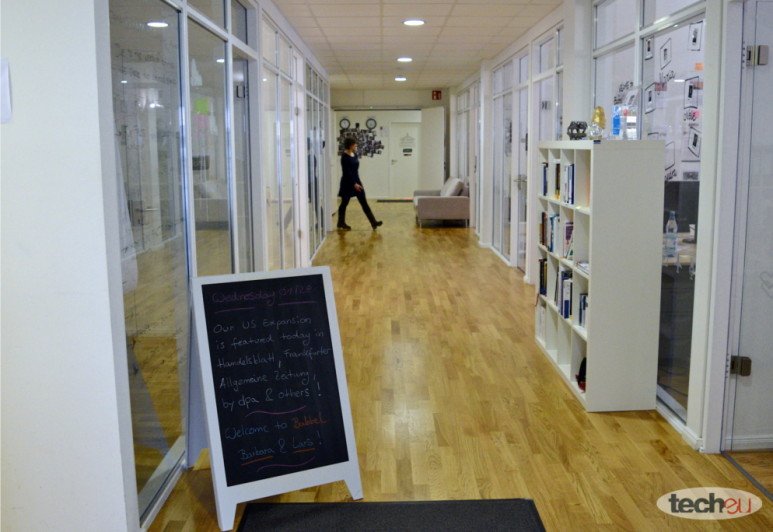
tech.eu: In the last five years or so, a number of language-learning services have cropped up, such as Duolingo, LinguaLeo and busuu to name a few. What makes Babbel different from other players tackling this space?
Markus Witte: The core of it is that we really care about a great product and a professional standard. It goes across the whole value chain, if you will. We’re producing content in-house with professionals – so it’s language teachers, language professionals and didactic professionals, who produce language courses in language pairs.
It came as a surprise to us that it’s so unusual to have language courses made for each language separately, because it’s still standard to build a French course and then translate into a Spanish course, which doesn’t work really well for the user. And once you have that course, you translate the reference language – the mother language of the user – so that the French course for an English speaker is the same, then, for a German speaker. Of course, this doesn’t work as well because Germans learn in a different way and know different things than native English speakers. So we actually produce courses in combinations, which adds complexity but from a user perspective is better for learning.
Another thing is that we focus on having relevant and ready-to-use content. With Babbel, you don’t learn sentences like, ‘I’m a bear’. Rather, you’d learn sentences like ‘Can I have your phone number?’ or ‘I’d like a beer’ – sentences that you would actually use.
tech.eu: Can you share some current user numbers with us?
MW: No... I mean, user numbers in the industry are a pure vanity metric. Back in the day, we used to share user numbers, because everybody did. It makes sense for a community to talk about users, but for a product like ours, it doesn’t. It's not on any internal dashboard, so I felt that sharing this informational externally would just be fake. Also, users – in this industry – usually means everybody who signed up for a free account since the inception of the company and it’s a total nonsense number.
What I can tell you is that we crossed 100,000 downloads a day for the app, which I think shows quite a bit of momentum.
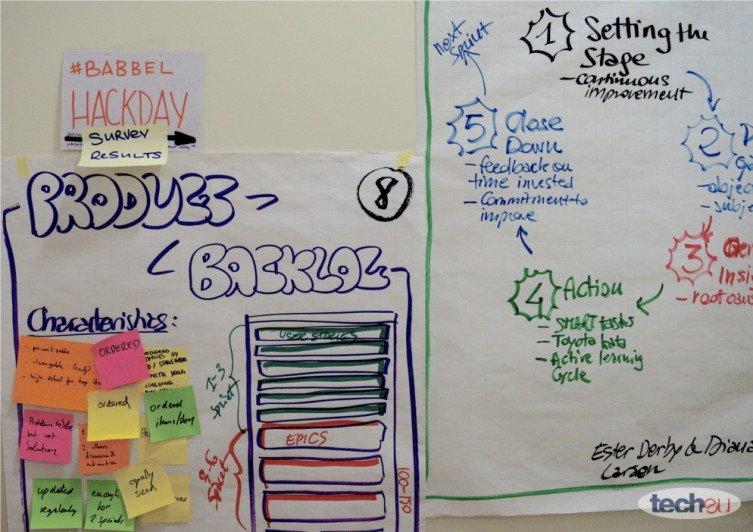

tech.eu: Babbel has grown to more than 300 people since its founding, what are some of the most important aspects of the company’s culture at the moment?
MW: From the beginning, the central aspect – and it might sound trivial – was learning. It’s not only learning for the user, but learning for each individual in the company and the company as a whole.
Everybody here – also the founders – haven’t been in this space before, so everybody here is on a steep learning curve. The learning aspect means you’re empowered to make mistakes and to fail. I wouldn’t say we embrace failure – because like everybody else, we totally hate failure – but what we also hate is blaming somebody... We all make mistakes, all the time, and we feel like it’s part of learning. In a way, every startup is a learning company, but for us, that applies in multiple ways, because our users are also learners.
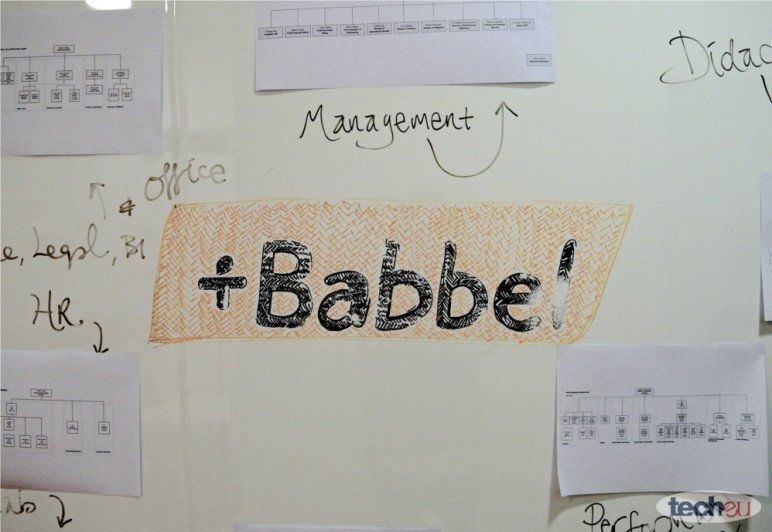
tech.eu: Is Babbel looking to raise more funding?
MW: At this stage, funding is not a big game-changer. When we were a small company, we absolutely needed the funding and it was a total necessity to grow. The Series B round we did two years ago, it was something that we thought made sense. However, now, we might do additional financing, but it wouldn't be a game-changer.
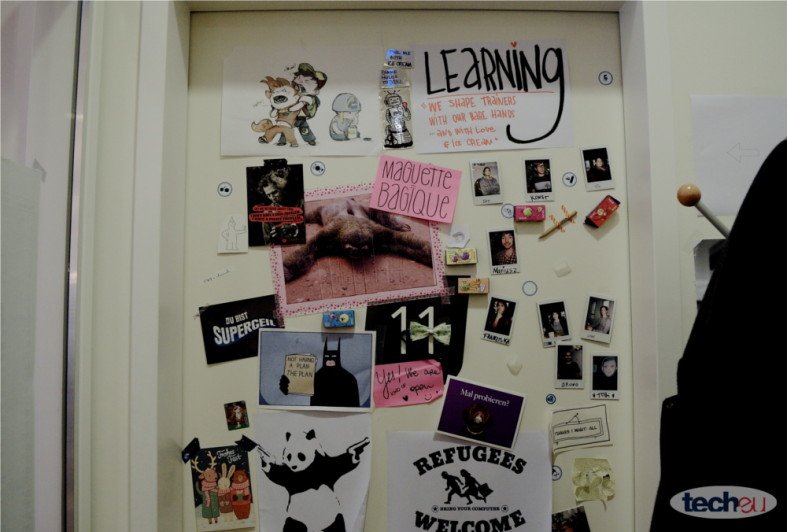
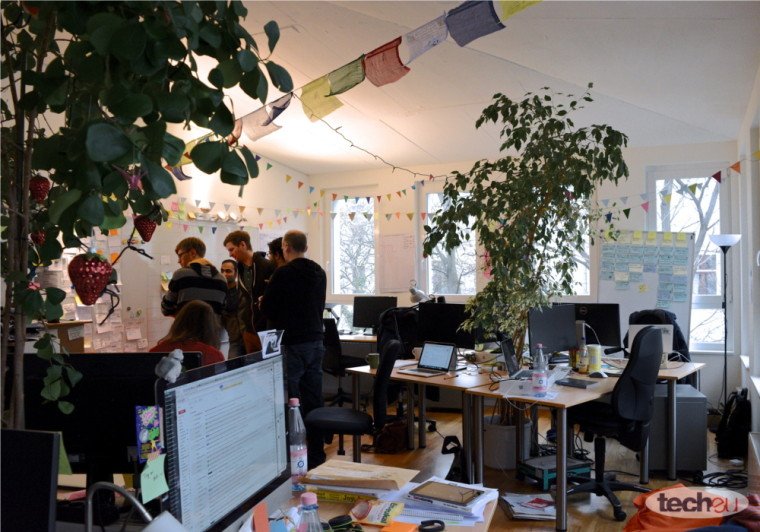
tech.eu: Why did you choose to set up the headquarters in Berlin?
MW: It wasn’t really a deliberate choice – we were just in Berlin during that time.
At one point, around 2011, we had an offer in Silicon Valley that would've required us to move to the Bay Area. We actually considered it. At the time, we were around 15-20 people, so it would have been possible.
But we thought that there weren't any advantages for us to go there, and that was the only deliberate decision to stay in Berlin. Berlin is definitely a very good place to start a company. Europe is very good if you work with languages, because you have this multiplicity of languages and you have a EU market. From a business perspective, the EU market is rather easy to cater to – like legally, tax-wise, and currency-wise – and you start with multiple languages.
tech.eu: Babbel just opened an office in the US, why did you look to New York City instead of San Francisco?
MW: The main reason is time difference... Nine hours time difference is a nightmare. I had a team in Los Angeles in my last job and it was a pain to coordinate. Six hours to New York is bearable, but nine hours to San Franciso is terrible.
Also, the advantages of the Silicon Valley area for a startup – well, they usually apply for particular companies with different missions from ours. In New York, you can find fantastic talent and connect to the media. I think it’s a very cool city to work in.

tech.eu: What kind of apps or tools are most commonly around the Babbel office for productivity and organization?
A lot. It depends on which department you ask. In product and engineering, it’s definitely Pivotal Tracker for agile process development. At the same time, we use a lot of whiteboards and stickies, and we still work with paper a lot because sometimes you just need that.

tech.eu: In addition to expanding presence in the US, what’s on the roadmap for Babbel this year? What can we expect?
MW: Growth and momentum. That’s important in itself to keep the startup spirit, so growing the team and getting the right talent on board.
We’re definitely looking at the Americas – Canada is an interesting market as well as South and Middle America. The office in New York is responsible for all Americas.
Of course, we’re also working on the product. There’s a lot of things that we ‘re trying and planning to do on that side, which is mostly directed towards helping people build a sustainable learning pattern.
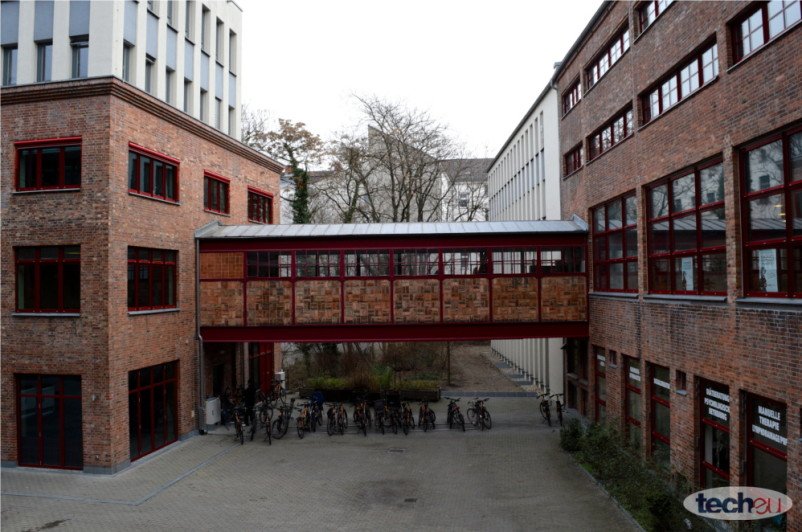
This interview has been edited and condensed.
Correction: 5 February 2015 An earlier version of this article misstated Markus Corallo as a co-founder. He joined the team as CFO and is now leading Babbel alongside the co-founders.
Image of Markus Witte courtesy of Babbel. All Babbel office images by Charmaine Li.



Would you like to write the first comment?
Login to post comments